10 Best Samurai Movies of the 21st Century For Japanese Culture Geeks
The samurai, who were renowned for their great codes of honor and impeccable manner of life, may no longer exist, but their stories of bravery continue to be told. Japan has one of the most diverse cultures in the world, with the Samurai serving as its cultural crown jewel. The cloaked, sword-wielding warriors are frequently seen as the mystifying representation of danger together with a healthy dose of loyalty that goes deep and strong.
The relevance of the samurai has persisted to the point where it still has a lot of influence on contemporary society. Samurai movies paved the door for Japan to add a dash of cultural spice to the global cinematic mashup over the years. This supports the idea that even if the samurai's era is over, their impact and significance continue to exist. Here are a few of the top samurai films from the twenty-first century.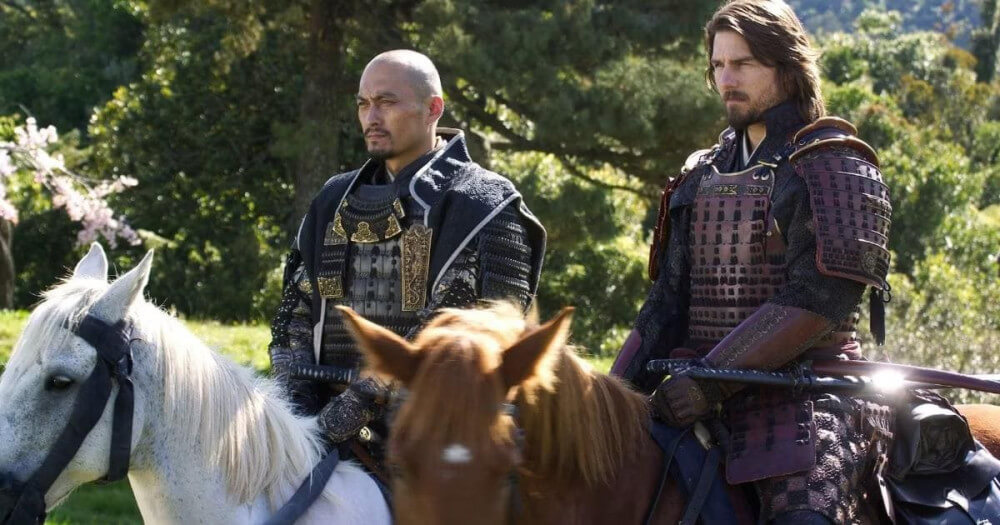
The uninhibited acceptance of another culture without concern for the price it entails is the key to The Last Samurai's success. Captain Nathan Algren (Tom Cruise), the driving force behind this revolution, submerges himself in Japan's cultural environment and emerges with nothing but love and loyalty for a way of life he has only just known. Captain Algren, who was initially entrusted with putting an end to the samurai uprising, adopts samurai principles, rejects Western oppression, and engages in combat with the warriors he was supposed to kill.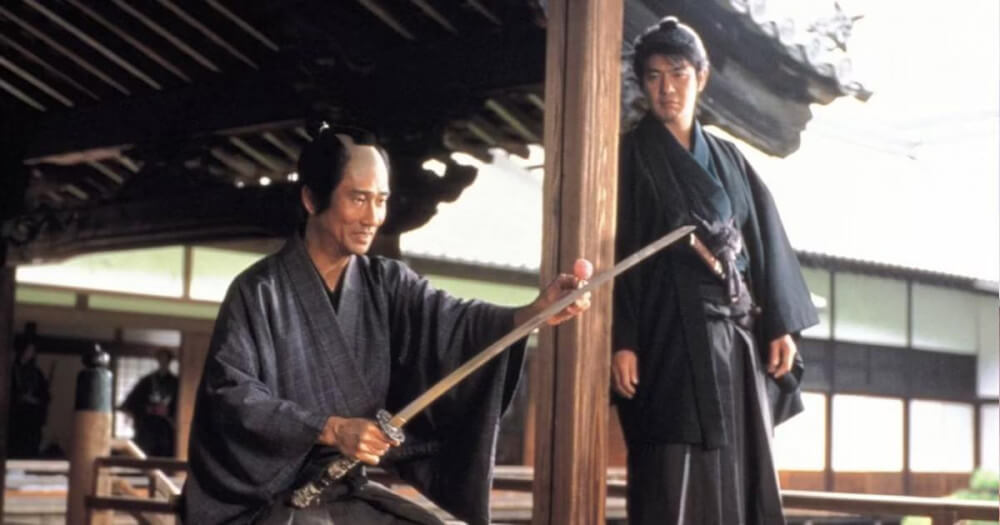
Even when samurai act independently, they do it for a reason and struggle with moral dilemmas the whole time they do dubious missions. Samurai would sooner commit suicide than cross the line into immorality. When The Last Sword is Drawn, which explores this unusual phenomenon, isn't the most straightforward movie to watch since it's packed with historical allusions that make viewers who are aware of Japanese cultural norms react strongly. For those who don't, the movie is a breath of new air since it presents samurai from a viewpoint that the rest of the world might not be familiar with.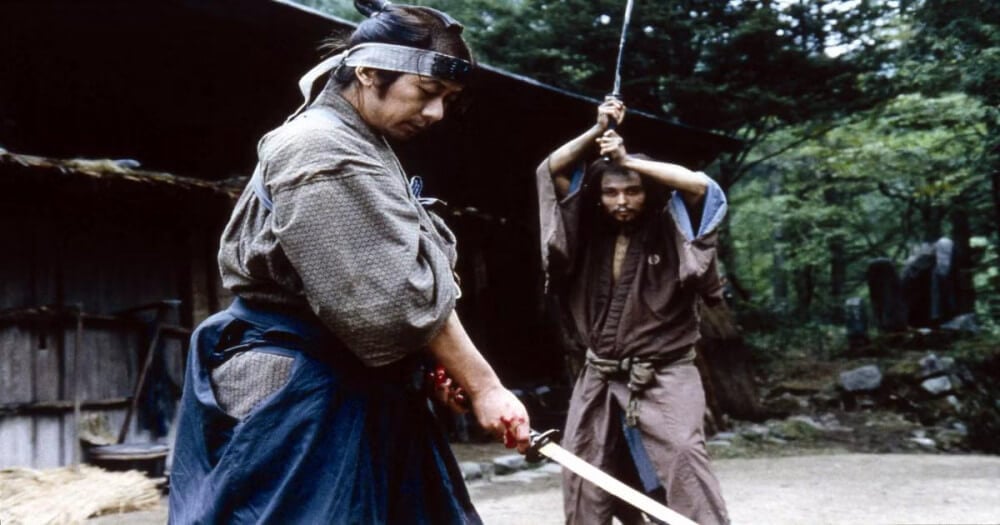
Even though they were regarded as brave warriors, samurai also had a certain softness about them that frequently manifested as love. These are just a few of the many samurai films produced to address this aspect of the warrior's emotional spectrum, giving them a human and compassionate hue. One movie that achieves this is The Hidden Blade, which depicts the upheaval a young samurai experiences when he falls in love with a domestic worker while also being ordered to kill his closest friend due to treason.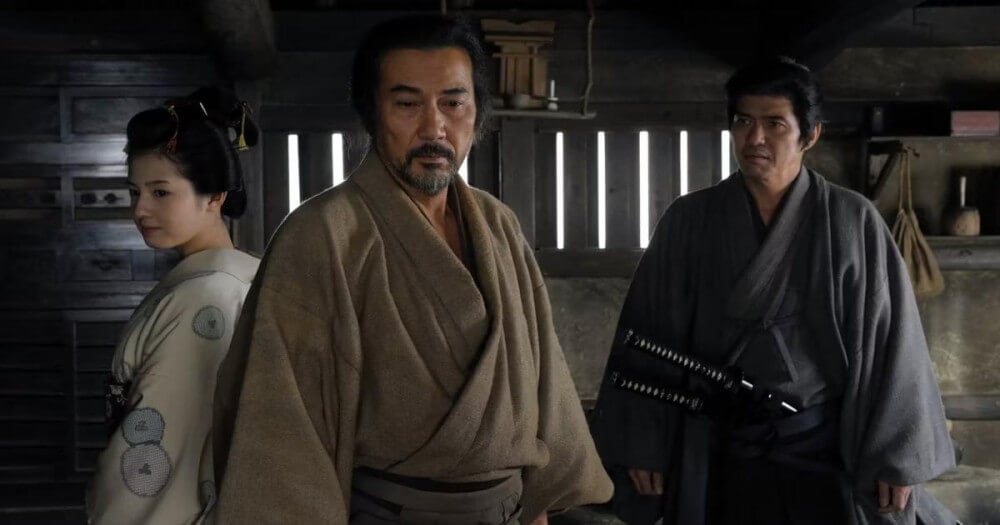
The samurai code is connected with loyalty. Samurai undertake seppuku (ritual suicide) after losing their master as evidence of this. Yet, they first make sure they obtain the head of the individual who first caused their master's death. The Last Ronin gives the audience a thorough understanding of samurai life by illuminating the inner code of the samurai and discussing the exterior practicalities of combat.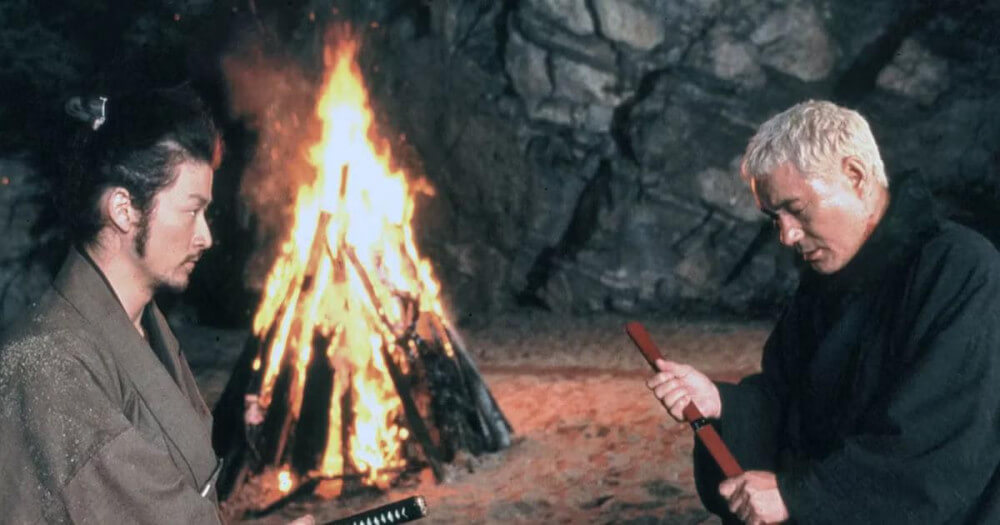
Samurai are frequently shown in contemporary samurai films via a pair of misery-tinted glasses. presenting a stark contrast between the heydays of battle and honor and the ruins of those eras now. Playing on such sensitivities, Zatichi follows a blind expert swordsman as he travels around Japan and markets his massage therapy services. The blind master makes the decision to stand up for the locals and defend them from harm when Zatichi enters a village overrun by rival gangs. Zatichi, a violent visual extravaganza based on the Japanese principles of power and justice, brings to life Mark Twain's adage that "It's not the size of the dog in the fight, it's the size of the fight in the dog"
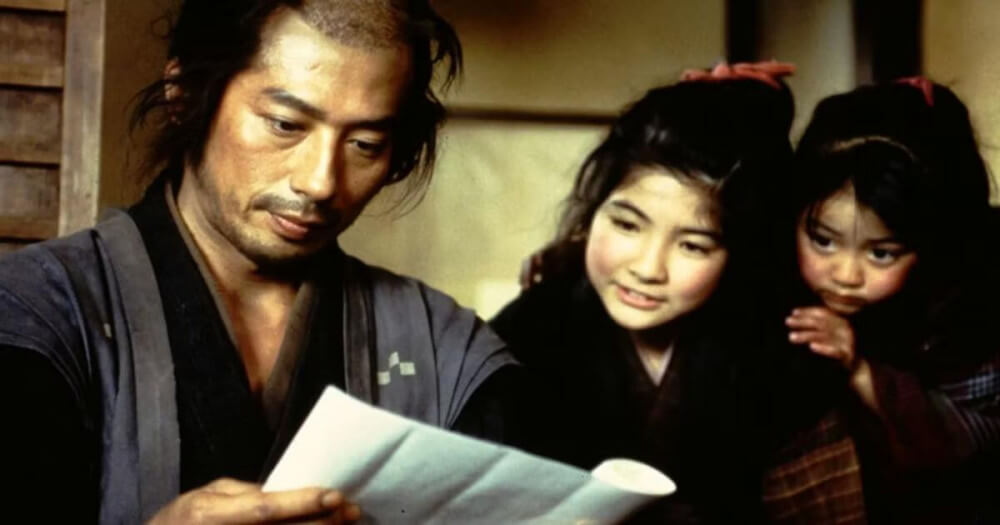
Honor is accompanied by duty. A guy cannot be a samurai or a man without responsibilities. The Twilight Samurai by Yoji Yamada revolves around this central idea. A low-ranking samurai who is compassionate and stoic, struggling to raise his young girls while taking care of his ailing mother, is the creation of Hiroyuki Sanada. Tomoe, Seibei's childhood sweetheart, returns to his life in desperate need of support and affection, but Sebei's code of honor precludes him from being married again. The Twilight Samurai serves as a mood piece, showing the intangible repercussions of a strong samurai ethos rather than being a traditional samurai film that concentrates on violent themes of retribution.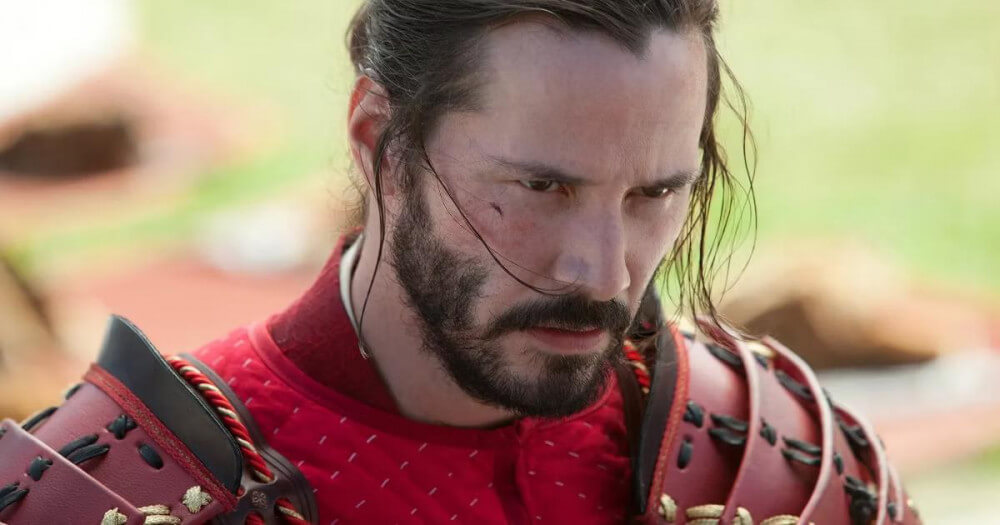
47 Ronin isn't as horrible of a movie as it has been made out to be, despite how well it has performed at the box office. Even yet, there are several extremely cheesy scenes in the movie that feel like nothing more than an attempt to sell something, but Keanu Reeves and Hiroyuki Sanada come close to saving this vengeance story. The movie is based on the dramatized story of 47 Ronins, or masterless samurai, who seek to revenge for the murder of their master by his adversary. The issue with 47 Ronin is not that it lacks originality, but rather that it has too much of it. This leads to a story that is lumpy and undercooked as a result.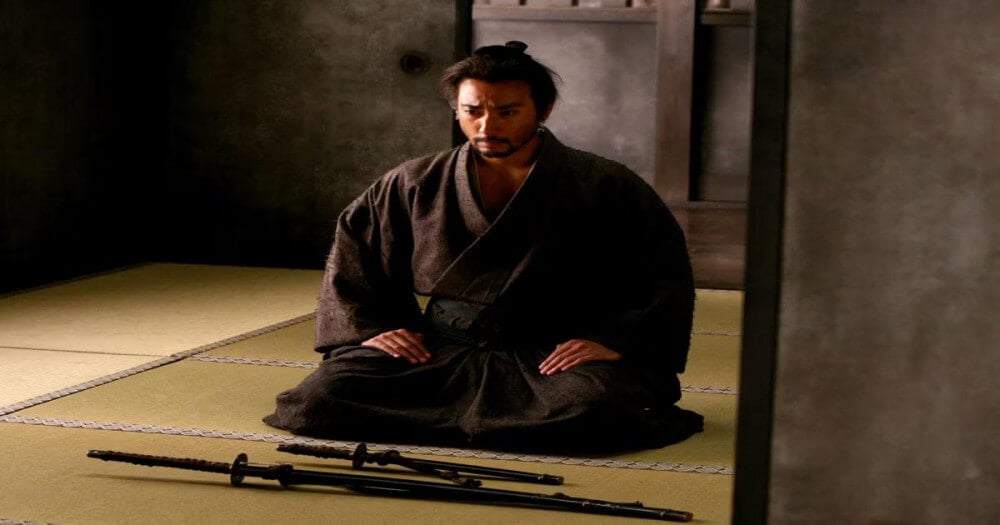
Hara-kiri is a ceremony in which a samurai kills himself by disemboweling him with a sword. During the time of the samurai warriors, hara-kiri was a common ritual that was seen as an act of honor. In his slow-burning samurai drama, Takashi Miike pushes the viewer through a range of emotions that are intermittently punctuated by heartbreaking scenes from start to finish.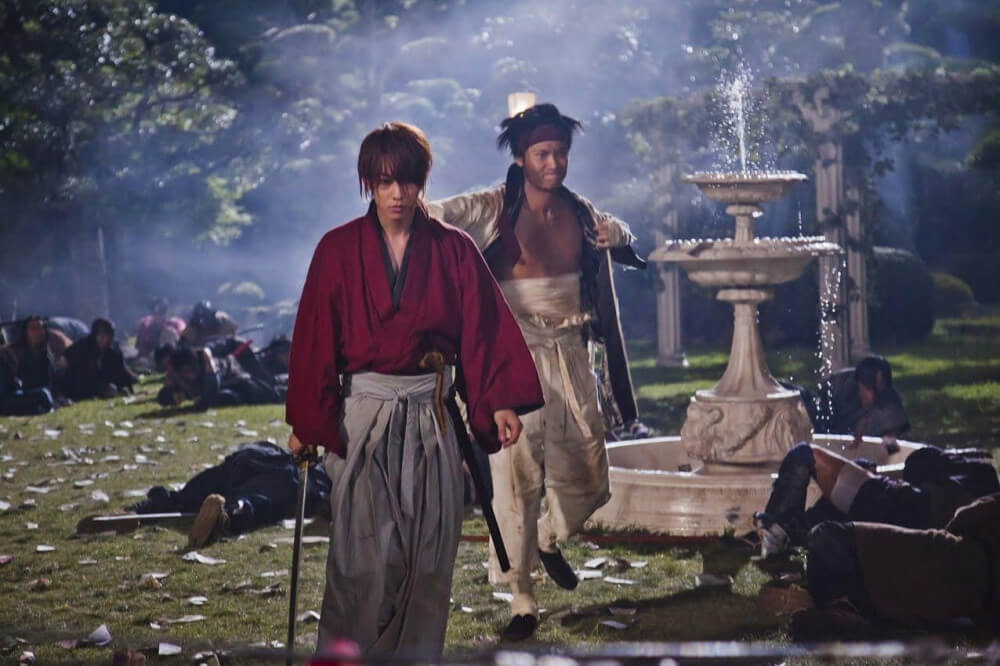
Justice, courage, and loyalty are a few of the fundamental characteristics that underpin Japanese culture. Adding to this, the assassin's quest to leave behind a life of murder and blood after surviving a horrible battle is shown cinematically in Rouroni Kenshin. Kenshin Himura travels around Japan on a journey of atonement, protecting the helpless and vulnerable, all the while avoiding murdering his foes. Contrary to Western ideologies that advocate eradicating the opposition, Rurouni Kenshin deftly illustrates the clichés a warrior must deal with when protecting the helpless without becoming a parable of tyranny himself.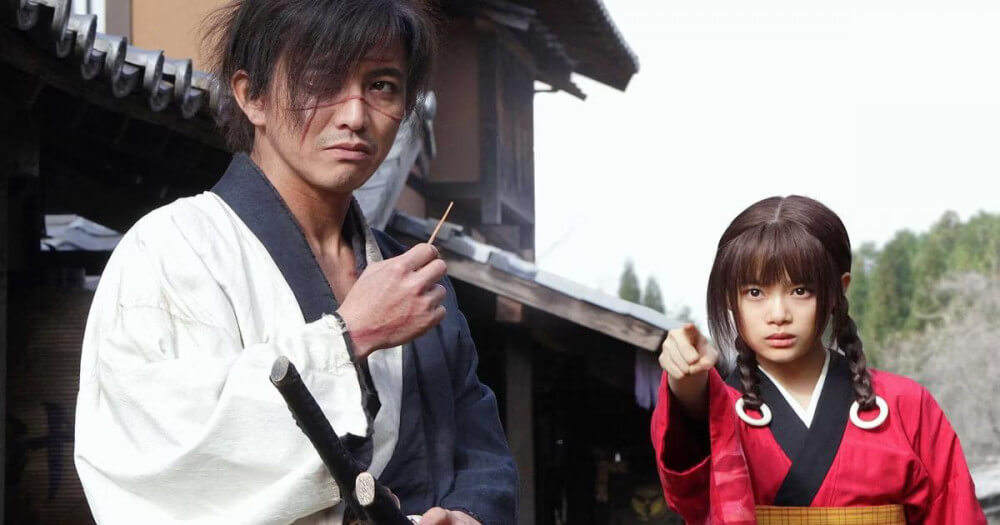
Who would have imagined that being eternal might turn out to be a curse? Without a doubt, Manji is not a samurai. After winning a brutal fight, the samurai is "cursed" with immortality and forced to live with the regret of the deeds that made it possible for him to survive. When a little girl named Rin hires Manji to exact revenge on her parents, Manji's plodding, protracted existence is given a framework of purpose. Manji begins to assume Rin's symbol of fate as his routine life begins to take shape.
The relevance of the samurai has persisted to the point where it still has a lot of influence on contemporary society. Samurai movies paved the door for Japan to add a dash of cultural spice to the global cinematic mashup over the years. This supports the idea that even if the samurai's era is over, their impact and significance continue to exist. Here are a few of the top samurai films from the twenty-first century.
The Last Samurai (2003)

The uninhibited acceptance of another culture without concern for the price it entails is the key to The Last Samurai's success. Captain Nathan Algren (Tom Cruise), the driving force behind this revolution, submerges himself in Japan's cultural environment and emerges with nothing but love and loyalty for a way of life he has only just known. Captain Algren, who was initially entrusted with putting an end to the samurai uprising, adopts samurai principles, rejects Western oppression, and engages in combat with the warriors he was supposed to kill.
When The Last Sword Is Drawn (2002)

Even when samurai act independently, they do it for a reason and struggle with moral dilemmas the whole time they do dubious missions. Samurai would sooner commit suicide than cross the line into immorality. When The Last Sword is Drawn, which explores this unusual phenomenon, isn't the most straightforward movie to watch since it's packed with historical allusions that make viewers who are aware of Japanese cultural norms react strongly. For those who don't, the movie is a breath of new air since it presents samurai from a viewpoint that the rest of the world might not be familiar with.
The Hidden Blade (2004)

Even though they were regarded as brave warriors, samurai also had a certain softness about them that frequently manifested as love. These are just a few of the many samurai films produced to address this aspect of the warrior's emotional spectrum, giving them a human and compassionate hue. One movie that achieves this is The Hidden Blade, which depicts the upheaval a young samurai experiences when he falls in love with a domestic worker while also being ordered to kill his closest friend due to treason.
The Last Ronin (2010)

The samurai code is connected with loyalty. Samurai undertake seppuku (ritual suicide) after losing their master as evidence of this. Yet, they first make sure they obtain the head of the individual who first caused their master's death. The Last Ronin gives the audience a thorough understanding of samurai life by illuminating the inner code of the samurai and discussing the exterior practicalities of combat.
Zatōichi (2003)

Samurai are frequently shown in contemporary samurai films via a pair of misery-tinted glasses. presenting a stark contrast between the heydays of battle and honor and the ruins of those eras now. Playing on such sensitivities, Zatichi follows a blind expert swordsman as he travels around Japan and markets his massage therapy services. The blind master makes the decision to stand up for the locals and defend them from harm when Zatichi enters a village overrun by rival gangs. Zatichi, a violent visual extravaganza based on the Japanese principles of power and justice, brings to life Mark Twain's adage that "It's not the size of the dog in the fight, it's the size of the fight in the dog"
The Twilight Samurai (2002)

Honor is accompanied by duty. A guy cannot be a samurai or a man without responsibilities. The Twilight Samurai by Yoji Yamada revolves around this central idea. A low-ranking samurai who is compassionate and stoic, struggling to raise his young girls while taking care of his ailing mother, is the creation of Hiroyuki Sanada. Tomoe, Seibei's childhood sweetheart, returns to his life in desperate need of support and affection, but Sebei's code of honor precludes him from being married again. The Twilight Samurai serves as a mood piece, showing the intangible repercussions of a strong samurai ethos rather than being a traditional samurai film that concentrates on violent themes of retribution.
47 Ronin (2013)

47 Ronin isn't as horrible of a movie as it has been made out to be, despite how well it has performed at the box office. Even yet, there are several extremely cheesy scenes in the movie that feel like nothing more than an attempt to sell something, but Keanu Reeves and Hiroyuki Sanada come close to saving this vengeance story. The movie is based on the dramatized story of 47 Ronins, or masterless samurai, who seek to revenge for the murder of their master by his adversary. The issue with 47 Ronin is not that it lacks originality, but rather that it has too much of it. This leads to a story that is lumpy and undercooked as a result.
Hara-Kiri: Death Of A Samurai (2011)

Hara-kiri is a ceremony in which a samurai kills himself by disemboweling him with a sword. During the time of the samurai warriors, hara-kiri was a common ritual that was seen as an act of honor. In his slow-burning samurai drama, Takashi Miike pushes the viewer through a range of emotions that are intermittently punctuated by heartbreaking scenes from start to finish.
Rurouni Kenshin (2012)

Justice, courage, and loyalty are a few of the fundamental characteristics that underpin Japanese culture. Adding to this, the assassin's quest to leave behind a life of murder and blood after surviving a horrible battle is shown cinematically in Rouroni Kenshin. Kenshin Himura travels around Japan on a journey of atonement, protecting the helpless and vulnerable, all the while avoiding murdering his foes. Contrary to Western ideologies that advocate eradicating the opposition, Rurouni Kenshin deftly illustrates the clichés a warrior must deal with when protecting the helpless without becoming a parable of tyranny himself.
Blade of the Immortal (2017)

Who would have imagined that being eternal might turn out to be a curse? Without a doubt, Manji is not a samurai. After winning a brutal fight, the samurai is "cursed" with immortality and forced to live with the regret of the deeds that made it possible for him to survive. When a little girl named Rin hires Manji to exact revenge on her parents, Manji's plodding, protracted existence is given a framework of purpose. Manji begins to assume Rin's symbol of fate as his routine life begins to take shape.
Share this article
Advertisement